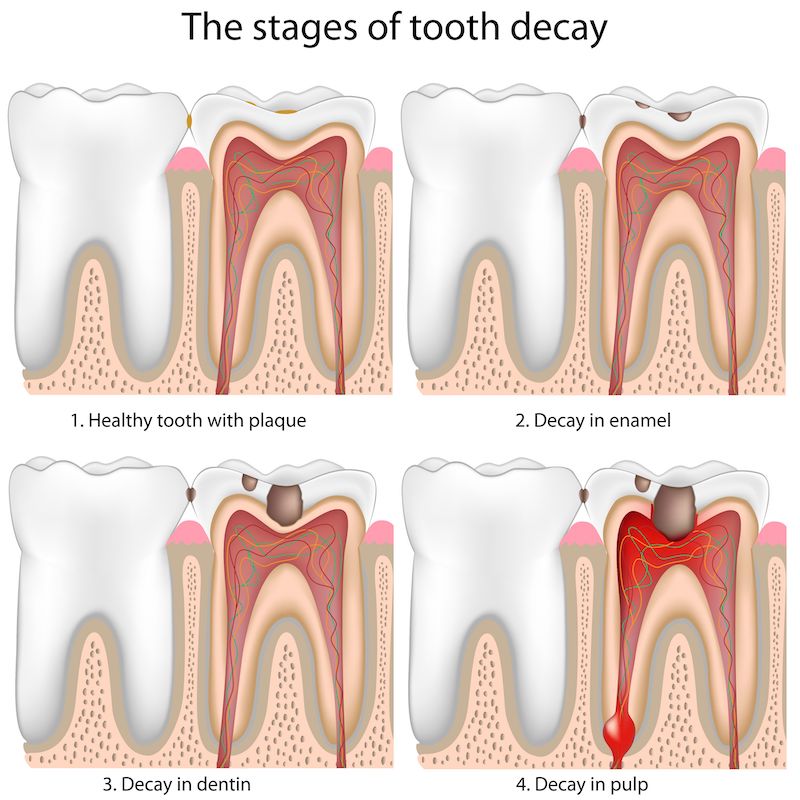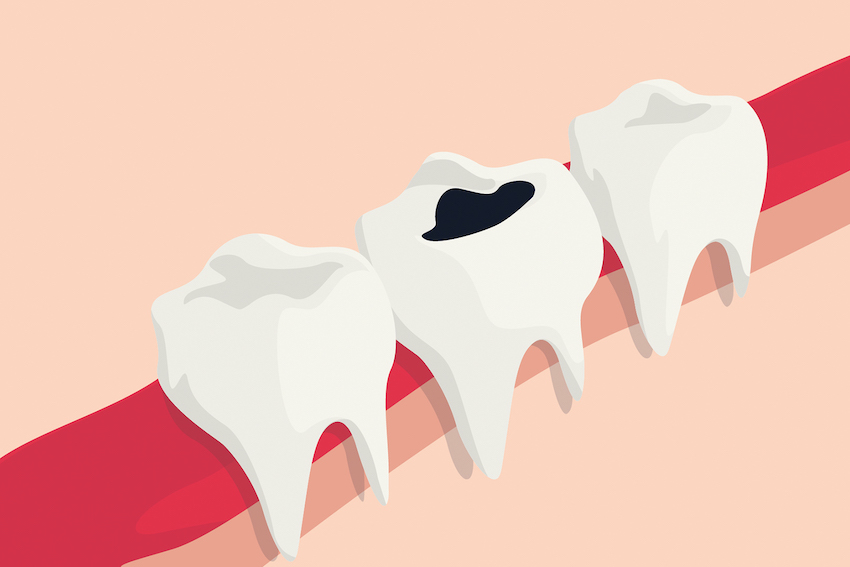Are you worried about your next dental procedure? Do you sometimes feel like you’re going to panic if you even just sit in the chair? Well, you’re not alone. Sedation dentistry is actually very common, and these days, it’s actually a way for you to overcome your anxiety and fear, and help you cope with those negative emotions, letting you feel more comfortable so you can have the opportunity to improve your entire dental health.
When I come to dental anxiety, don’ think ha you’re alone. His is a very common problem, and many times, when you go no he room, you’re scared. anxiety can melt away though with the use of oral sedation, and that alone can help with all of the feelings that you’re experiencing too.

Oral sedation is lauded by many because of the fact that when you’re scared, the threshold for pain is a lot lower, and you soon became hypersensitive to every single sensation, including every prick and noise that happens in the room. Sometimes, that can affect the procedure, and if you need something, but you feel too much pain when you’re getting it, you might get oral sedation. The chemicals such as adrenaline that are secreted when you’re scared make your fight or flight instincts kick into high gear.
You’re anticipating that something will hurt, and you’ll experience more pain because of this. But sedation dentistry is a good way to eliminate these feelings, and help you feel as comfortable as possible, allowing you to let your guard down, and relax both your mind and body, letting you focus on feeling peaceful, rather than anxious. The apprehension and hypersensitivity start to melt away, and you stay awake, and in full control too. Sometimes, this is referred to as relaxation dentistry, since it will help you feel more relaxed because of this.

Oral sedation is safe, and it lets you have peace of mind, allowing you to experience dental procedures without too much pain. Hours will pass in mere minutes, letting you comfortably and without pain get the dentistry that you need. When you’re relaxed, the dentist can do things faster, and not worry about hurting you, and there is more confidence there that you’re comfortable. There are many different medications that have been developed for this process, and for much of the practice of this, it’s changed for the better people will realize when they sit here, they’re not feeling the effects of treatment, and many times, it can be good for them. Sometimes, you may not remember the treatment if you’re put under amnesia, which might be a better option for many.
The safety of this is of course, measured by professionals in a scale called a therapeutic index, and the larger the number the safer the drug. The oral sedatives used are actually very high, and they usually don’t cause an adverse reaction unless you’re allergic to something.

You can typically get this directly from your dentist, but, if you’re worried about the effects this might have, you may want to discuss any medical conditions you have, all the medications you’re currently taking, any alternative or herbal supplements, since some of these natural remedies including S. John’s wort will affect the effectiveness of a sedative. You may also want to make sure ha you’re having foods that won’t affect with medications too. You also should talk to them about any smoking or alcohol you consume, and you’ll be able to, with this as well, improve the effectiveness of oral sedation. It’s popular since it doesn’t require injection in some cases too.
Oral sedation does benefit many, so always make sure you consider it when you’re trying to improve your dental experience.








